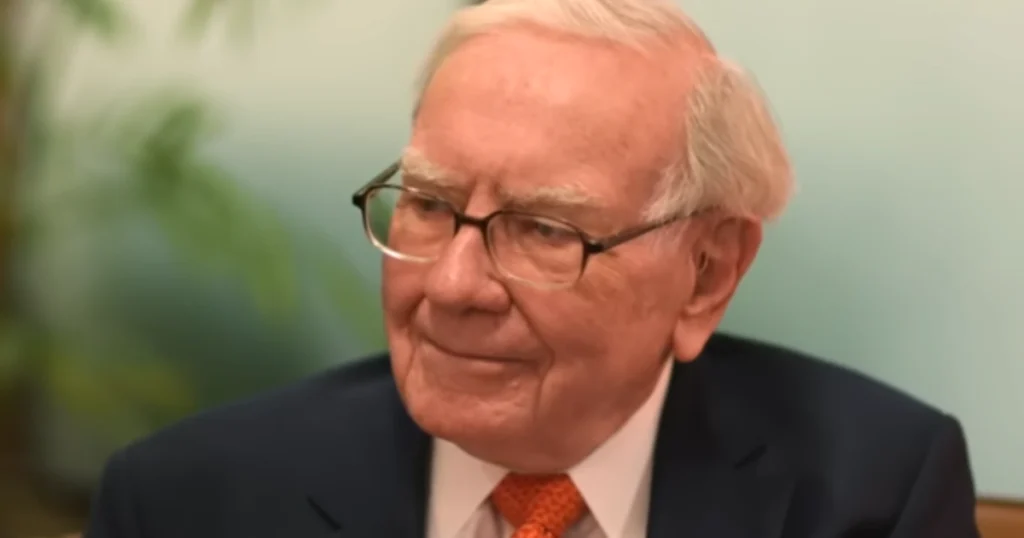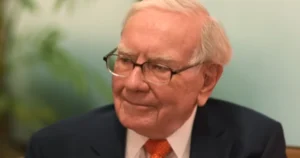
Introduction
Warren Buffett, one of the most celebrated investors in history, has often been associated with intriguing analogies and metaphors in his speeches and interviews. Among the many phrases linked to him, “dead squirrel” stands out, sparking curiosity and discussions across financial and non-financial circles alike. But what does this phrase truly signify? Does it reveal insights into his investing philosophy, or is it a misunderstood term? This article delves into the connection between Warren Buffett and the phrase “dead squirrel,” unraveling its meaning, relevance, and broader implications.
Who is Warren Buffett?
A Brief Overview
Warren Edward Buffett, often referred to as the “Oracle of Omaha,” is the chairman and CEO of Berkshire Hathaway. Known for his incredible success in the world of investing, Buffett’s net worth places him among the wealthiest individuals globally. Despite his immense wealth, he is admired for his simplicity, philanthropy, and wisdom in financial matters.
Investing Philosophy
Buffett’s approach to investing emphasizes value over speculation. He advocates for long-term investments in companies with strong fundamentals, consistent earnings, and competent management. His famous quote, “Price is what you pay; value is what you get,” encapsulates his investment ideology.
What Does “Dead Squirrel” Mean in Buffett’s Context?
The Origin of the Phrase
The phrase “dead squirrel” may not have originated from Buffett himself but is often used to describe scenarios of misplaced focus or distraction. In investing, a “dead squirrel” could symbolize fleeting trends or distractions that divert attention from core objectives and sound strategies.
Buffett’s Possible Use of the Metaphor
While there is no documented evidence of Buffett explicitly coining or heavily using the term, the metaphor aligns with his advice to avoid market noise. In interviews and shareholder letters, Buffett often emphasizes staying focused on intrinsic value rather than chasing speculative bubbles or short-term gains.
How Does the “Dead Squirrel” Relate to Investing?
Avoiding Distractions in the Market
Investors often encounter trends that seem lucrative in the short term but lack substantial value. These can range from hyped stocks to fads like meme stocks or cryptocurrencies without real-world applications. The “dead squirrel” serves as a reminder to avoid chasing such distractions.
Staying Focused on Fundamentals
Buffett advocates for sticking to proven investment principles:
- Analyze the business: Understand its operations, competitive advantages, and potential for growth.
- Consider management: Invest in companies led by trustworthy and capable leaders.
- Evaluate intrinsic value: Focus on long-term growth rather than short-term price movements.
A Real-Life Example
During the dot-com bubble of the late 1990s, many investors flocked to internet companies with skyrocketing valuations. Buffett famously avoided the frenzy, citing a lack of clear value in these companies. When the bubble burst, his disciplined approach proved correct, earning him respect as a prudent investor.
Lessons from Warren Buffett’s Approach
1. Stay Disciplined
Buffett’s strategy involves avoiding emotional decisions, which are often triggered by market trends or external pressures. Discipline and patience are key to long-term success.
2. Focus on Value
Avoid being swayed by superficial factors or short-lived hype. Instead, concentrate on investments that have a clear path to sustainable growth.
3. Diversify Intelligently
While diversification is important, Buffett warns against over-diversification, which he likens to “protecting yourself from ignorance.” A balanced yet focused portfolio can yield better results.
FAQs About Warren Buffett and the “Dead Squirrel”
1. Did Warren Buffett really use the phrase “dead squirrel”?
While there’s no direct evidence of Buffett coining the term, it aligns with his broader philosophy of avoiding distractions and focusing on value-driven investments.
2. What is the significance of the metaphor in investing?
The metaphor serves as a reminder to steer clear of fleeting trends or investments that lack substantial value.
3. How can investors apply this lesson?
Investors should conduct thorough research, focus on intrinsic value, and avoid making decisions based on short-term market movements.
4. What are some examples of “dead squirrels” in investing?
Examples include:
- Overhyped IPOs with unsustainable valuations.
- Fads like meme stocks or speculative cryptocurrencies.
- Market rumors that lack credible evidence.
5. What are Warren Buffett’s key investment principles?
- Invest in what you understand.
- Focus on long-term value.
- Be patient and disciplined.
Final Thoughts: Embracing Buffett’s Wisdom
Warren Buffett’s legacy is built on timeless principles that continue to guide investors worldwide. Whether or not he used the term “dead squirrel,” the metaphor is a fitting representation of his advice to remain focused, disciplined, and value-driven. By avoiding distractions and staying true to sound strategies, investors can achieve sustainable success, much like the Oracle of Omaha himself.
For those seeking to navigate the complexities of the financial world, Buffett’s teachings offer a beacon of clarity and wisdom. Always remember: the allure of a “dead squirrel” may be strong, but true wealth lies in understanding and applying the fundamentals.
For more Information please visit my website: Canuckle.






